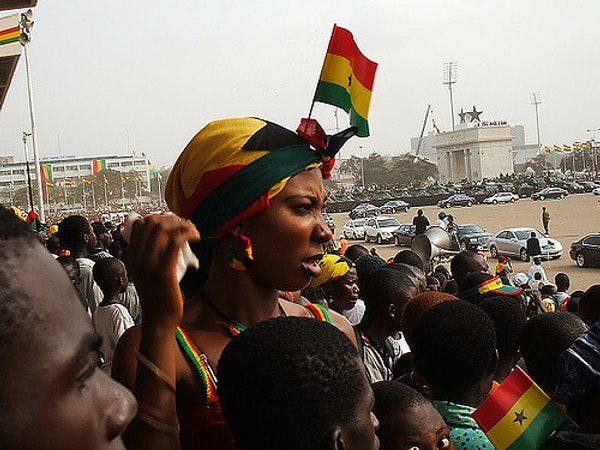Ghana in the process of reforming its drug law
Several attempts at reviewing the current Ghanaian PNDC Law 236 were made from 2006 to 2015. The latest attempt, despite a second reading of the bill in parliament, was unfortunately unsuccessful due to the 2016 parliamentary and presidential elections. Fortunately, giving the momentum and extent of the discussion on the bill before of the election, as well as the stage it had reached in the parliament, the new government has prioritised the passing of the new law. It is within this context that the Narcotic Control Board (NACOB) held a stakeholder meeting as a key component of the process.
The overall objective of the 2- days consultative meeting was to discuss the proposals contained in the bill as well as to take the views of various stakeholders to ensure that the new bill responds to national and regional realities. The meeting was held at Alisa Hotel, Accra, Ghana from the 19th to 20th July 2017. Law reform processes in the sub region have been hindered by claims from civil society organisations and the public for being left out of the conversations although they form part of the primary beneficiary of the law. So therefore, any sustainable and efficient law should encompass the views of all entities and individuals who gain or lose in its implementation or enforcement. By holding such a meeting, Ghana provides an excellent example to other African countries, demonstrating best practices in the law reform process. The stakeholder meeting gathered a wide range of participants made up of representatives from the Police, the judiciary service, psychiatrists, civil society groups, the international partners (USAID, Rep of US Embassy, The German Embassy, UNODC, etc) , the national law enforcement agencies, students associations, West Africa Drug Policy Network (WADPN – Ghana Chapter), International Drug Policy Consortium African Consultant in Ghana, Recovery Ghana Consortium and Ghana Education Service. Before the clause by clause discussions, civil society representatives were given the opportunity to make a presentation on their position on some key aspects of the bill. The Africa Consultant for International Drug Policy Consortium and a member of the West Africa Drug Policy Network started her presentation by noting that the punitive approach to the war on drugs have caused lots of damage to society and families. She therefore called on stakeholders to see drug use as a public health issue in line with the global call for a paradigm shift from the heavily punitive approach to a humane approach as outlined in the outcome document of the United Nations General Assembly Special Session (UNGASS) 2016.
Click here to read the full article.
Keep up-to-date with drug policy developments by subscribing to the IDPC Monthly Alert.
Thumbnails Flickr CC Oluniyi Ajao
